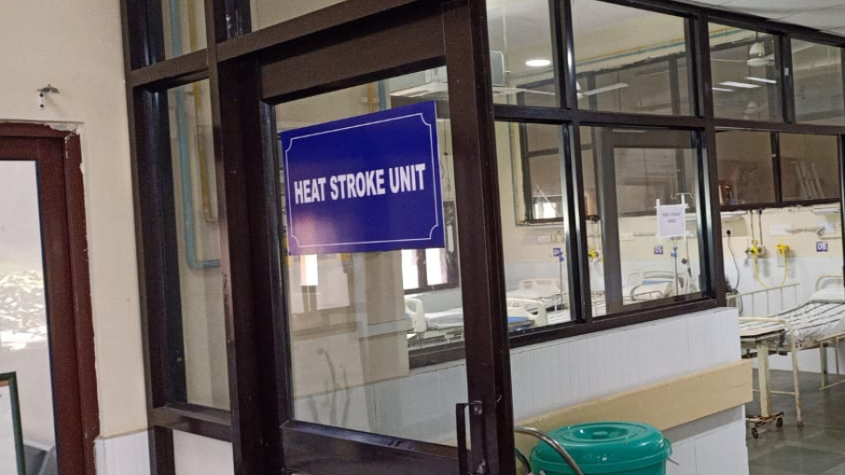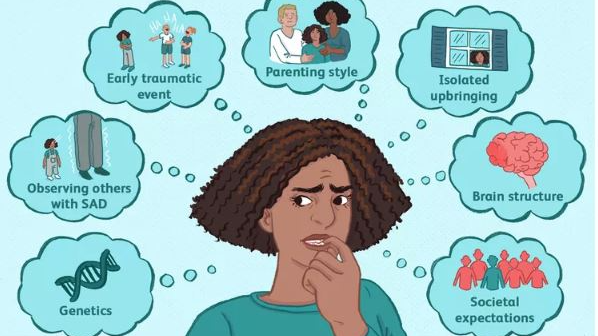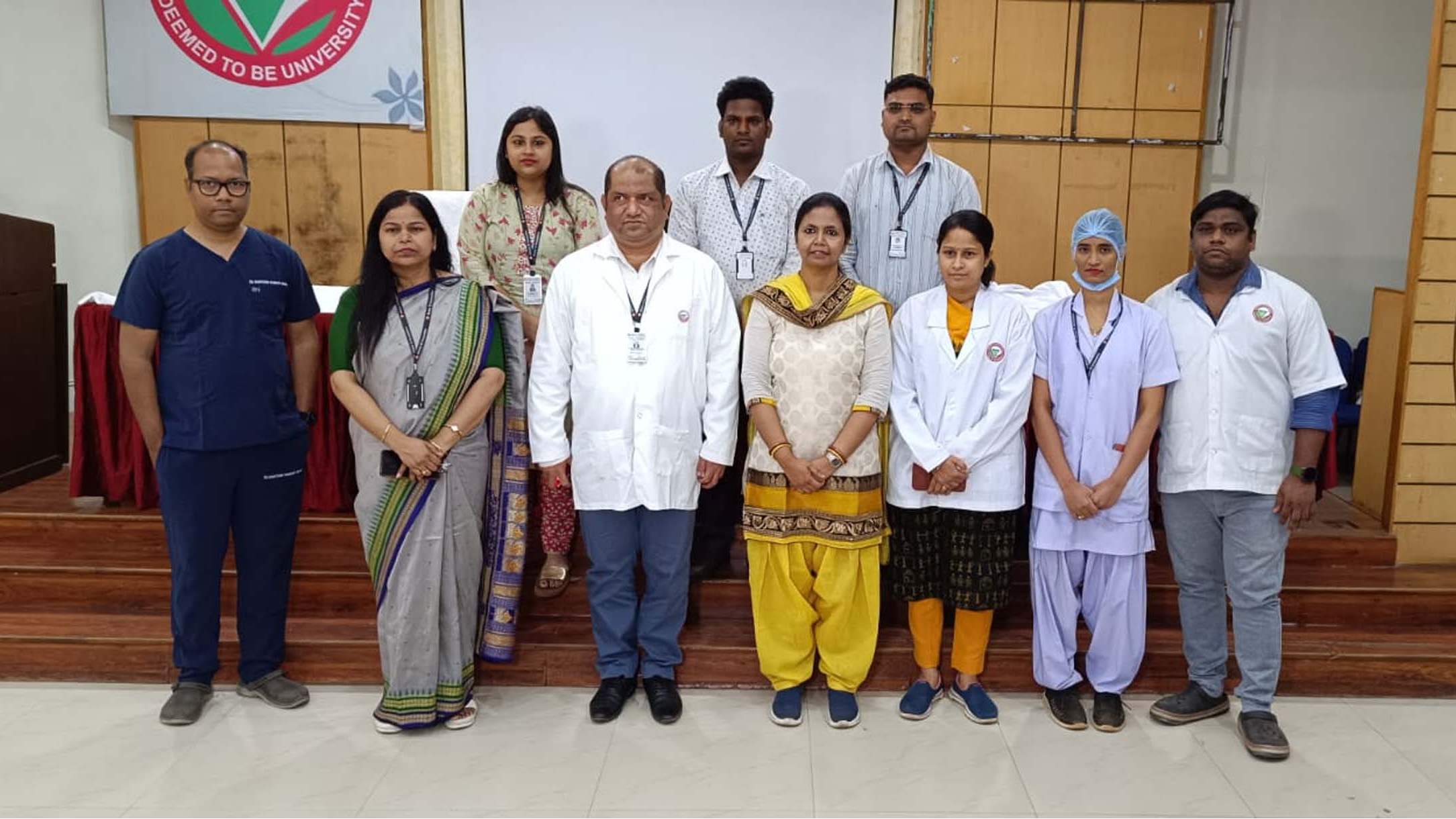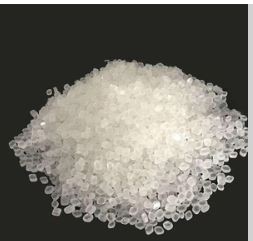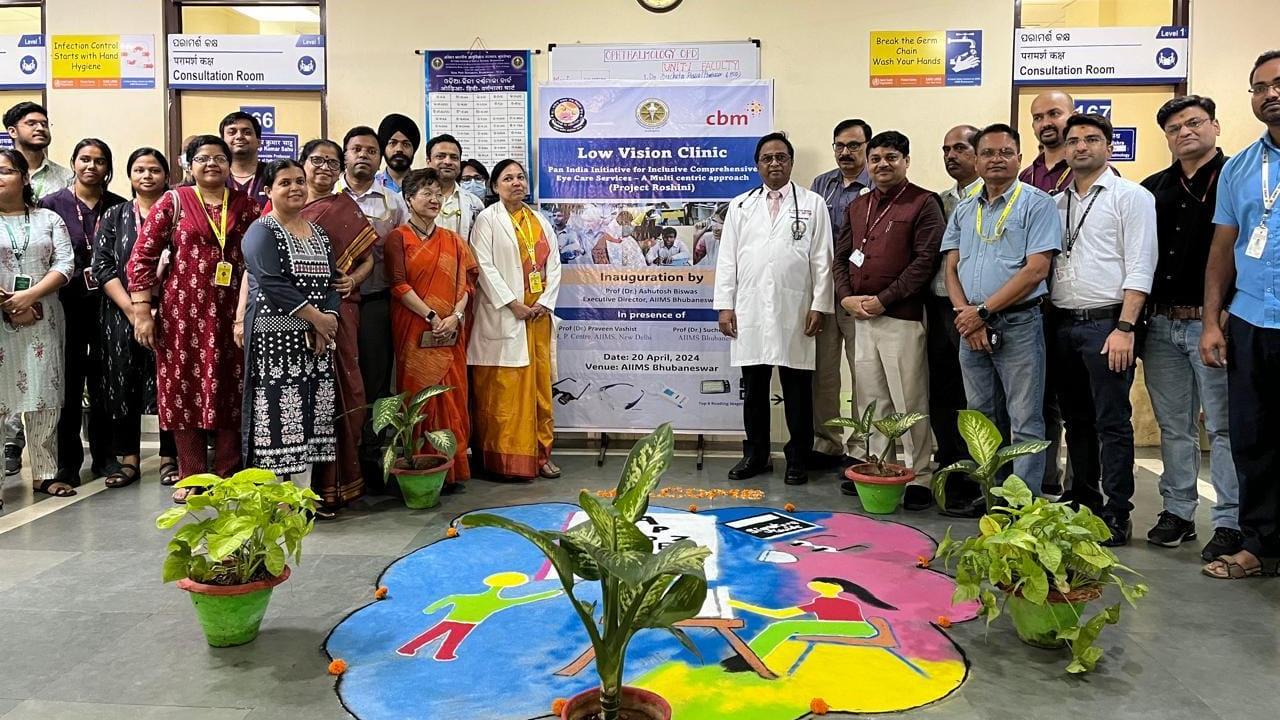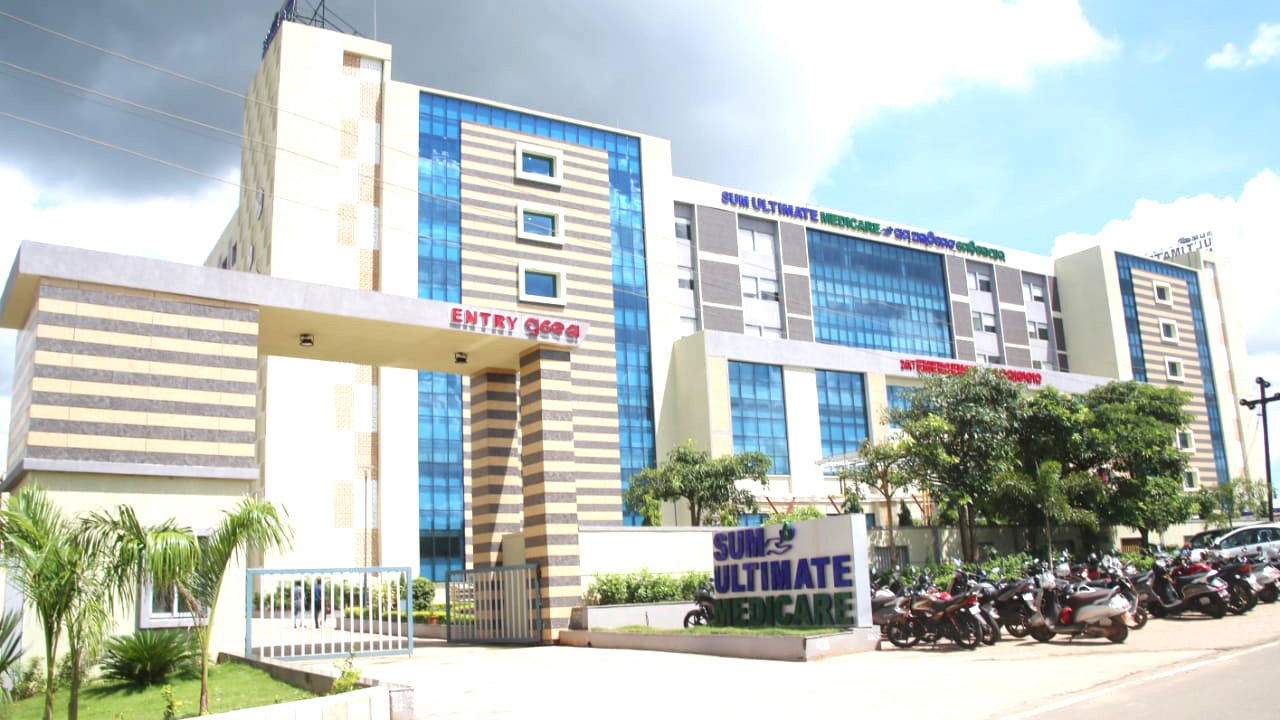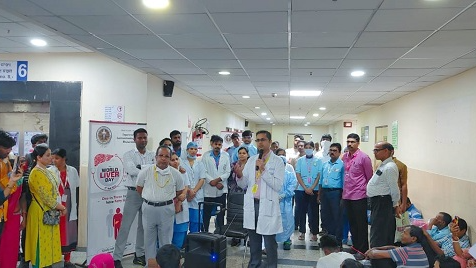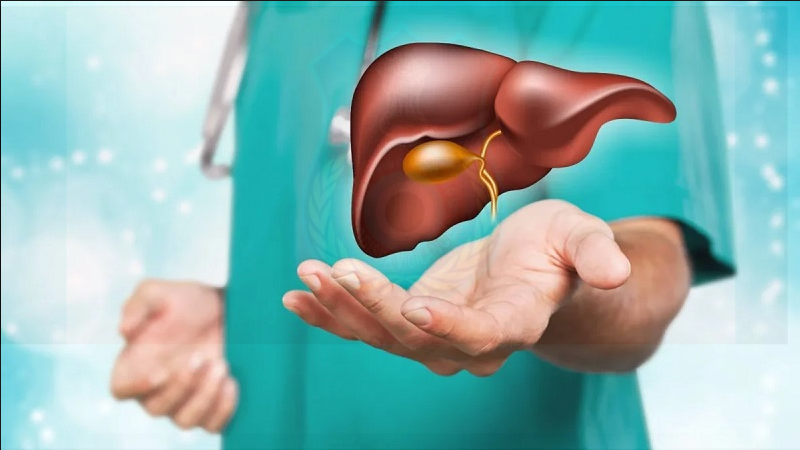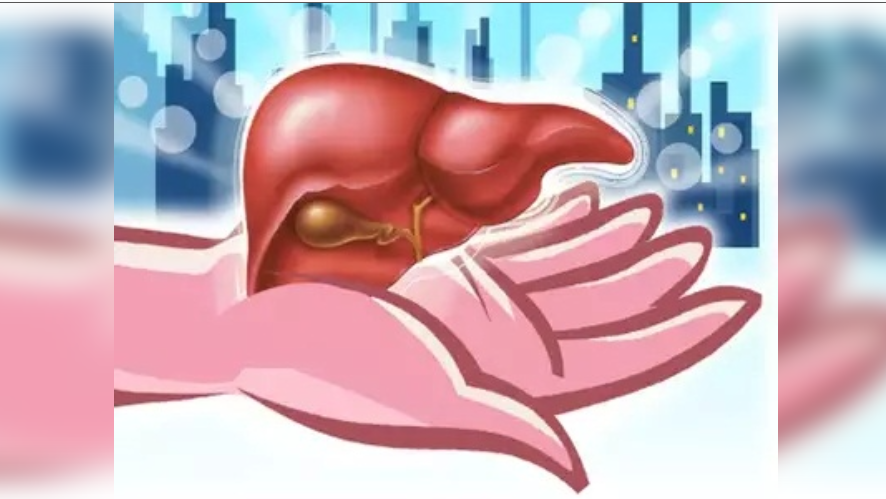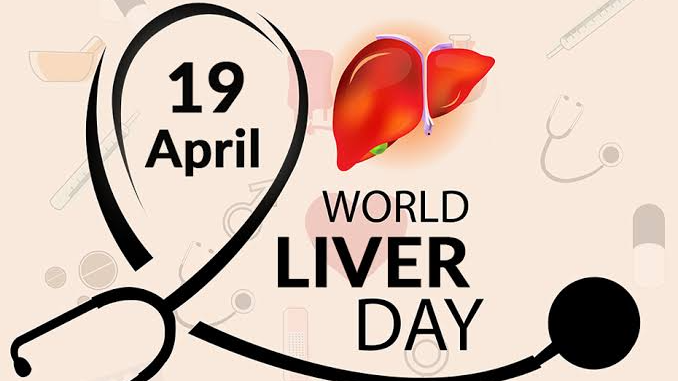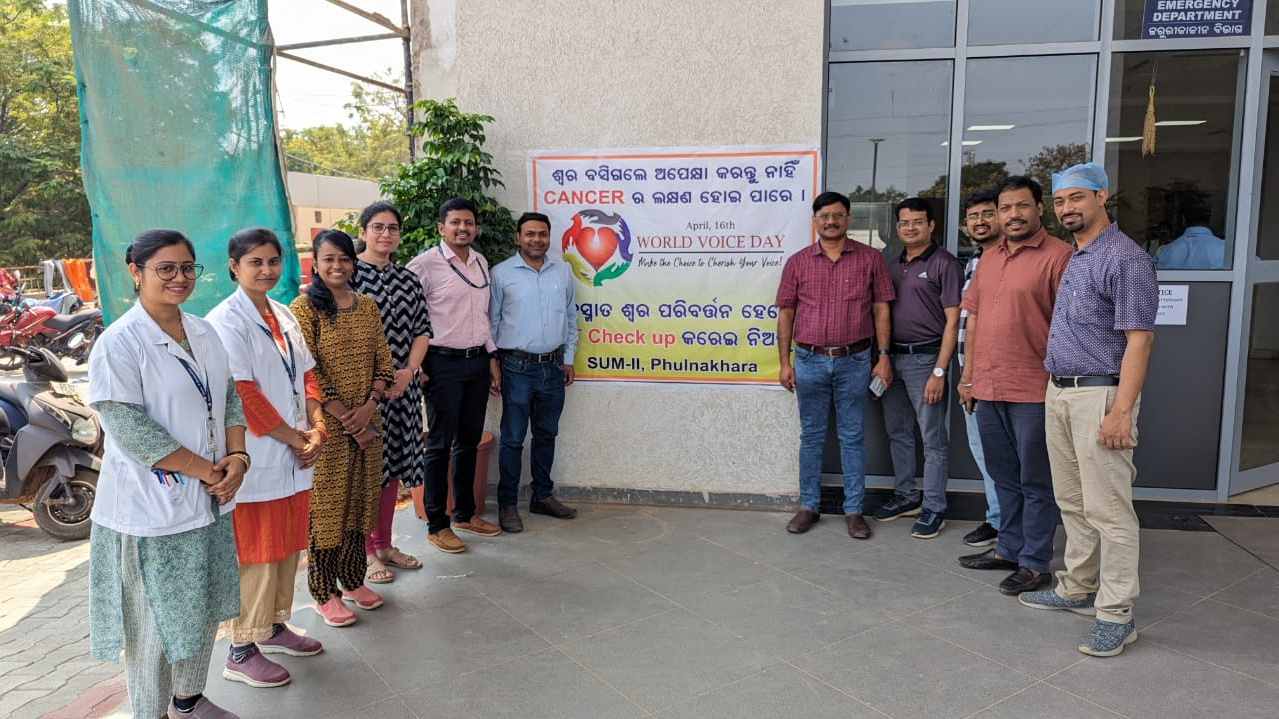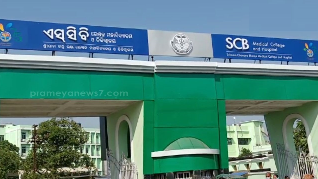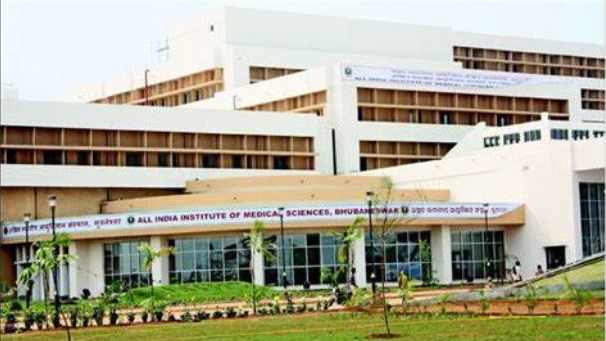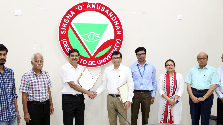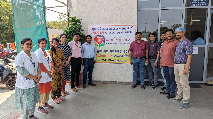Understanding the neglected disease Rabies using advanced tools

Bhubaneswar, Jan 1: Rabies is a viral disease that causes inflammation of the brain in humans and other mammals. India has around 20,000 rabies deaths a year. Worldwide, over 59,000 people die every year from rabies, around 40% of them aged under 15. Dog bites cause almost all the cases of rabies in India.. The treatment of a disease that has been orphaned now for some time looks to be within reach. In a development that promises to help in better handling of the dreaded disease of Rabies, a team of scientists from three institutes - DBT-Institute of Life Sciences, Bhubaneswar, Mumbai Veterinary College, Mumbai and Haffkine Institute, Mumbai, has found out how the virus that causes the disease affects the brain at the molecular level. The research team led by Dr. Amol Ratnakar Suryawanshi and Ms. Suchismita Behera, have used the proteomics (study of proteins and their expression) approach to identify proteins in the dog brain that are involved in rabies virus infection considering that more than 95% of human rabies cases occur due to transmission through dog bite. The disease of rabies is almost untreatable even with the availability of the vaccines. After entering into the body, the virus remains dormant for periods ranging from 20 days to even 90 days without showing any clinical symptoms and when the symptoms emerge there is not much time available to offer any effective treatment. Death occurs within two to seven days. Fatality is thus almost 100 percent. The currently used diagnostic procedures are all based on invasive techniques and are not very sensitive. The findings of the study conducted at the Institute of Life Sciences sheds light to help address these problems. The team is undertaking further experiments to investigate the role of the various identified proteins in the molecular mechanism of the Rabies virus infection and once the they are characterized. The study has been published recently in the International Journal of Proteins and Proteomics.
Latest News

Back on court, Nadal outplays Blanch in Madrid...

Students of Rama Devi Women’s University prote...

IPL 2024: Do chase better, Vettori advises SRH...

Two IPLs simultaneously in India!

PM Narendra Modi blames Mamata government for...

Young girl dies in elephant attack in Odisha’s...
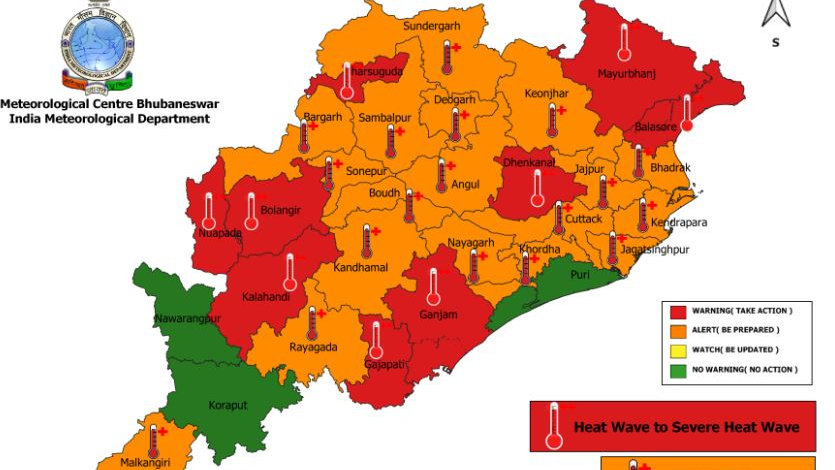
Odisha continues to grapple with intense heatw...
Copyright © 2024 - Summa Real Media Private Limited. All Rights Reserved.









